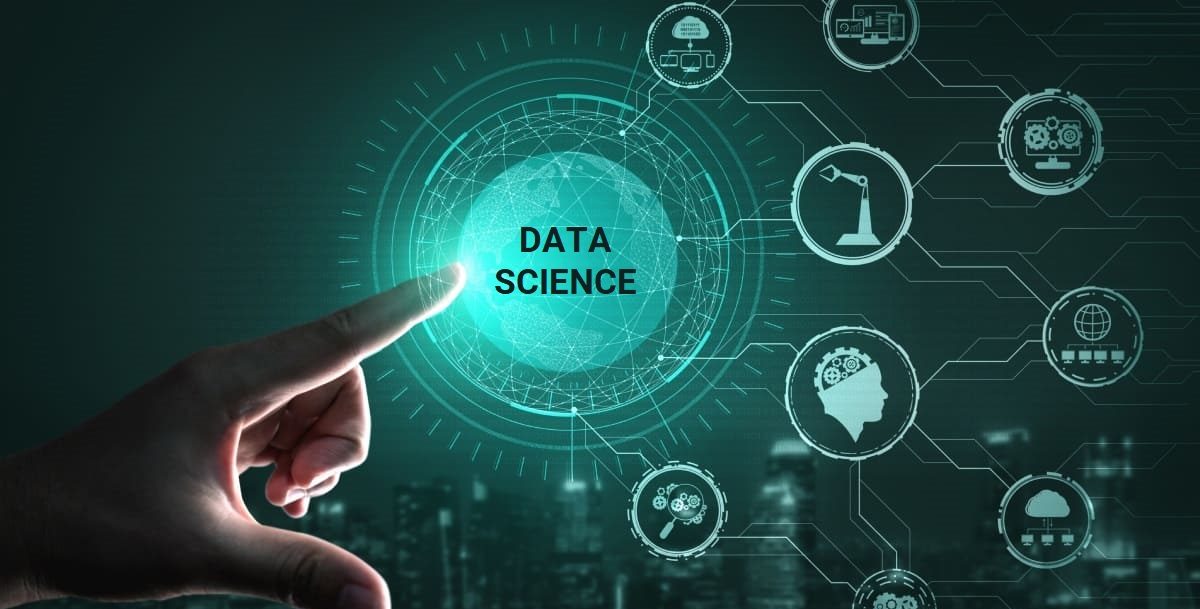Data Science and its Economic Potential for the GCC

Data is the new oil; emerging technological applications like data science, Artificial Intelligence and analytics have made data a more valuable commodity.
Leveraging data science can aid in extracting valuable information from the raw data. Such insights will open up new avenues of growth in the present digital economy; Data science applications have already made some economic impact in key GCC sectors like oil and gas, finance and healthcare.
The GCC governments also generates large amounts of data hence effective use of the government data can bring immense economic benefits to the region.
The government and business organisations across the GCC have developed comprehensive data strategies that will enable its various sectors/firms to enhance their competiveness and productivity in the present dynamic economic landscape.
In the GCC region, the state remains a major force in driving the economic progress and social welfare. Worldwide, it is emerging that data science is a key enabler for governments as they seek to deliver targeted and better services to the public in different realms. Even in the GCC, the United Arab Emirates (UAE) is shifting service delivery operations to cyberspace, through its e-government and smart government digital transitions. According to Strategy& (part of the PwC network), the data economy in the GCC is estimated to be around $5.0 billion, which is about 0.3% of GCC’s GDP (2018).
What is Data Science?
Data science is the collective process that uses theoretical, mathematical, computational, and practical methods like algorithms, and statistics to review, analyze and extract valuable knowledge and information from raw data. Data science enables individuals and organizations to extract required or valuable information that may be used for multiple purposes, such as decision making, product development, trend analysis and forecasting.
Information and Communication Technologies (ICT) is increasingly changing the data landscape and is significantly impacting every aspect of human lives, including businesses, science, and governance. In that context, data science is a synthesis of statistics, advanced computing technology and AI. The strategic advantage lies in the integration across assorted and interdependent complex data resources to support real-time decision-making.
Practical Implementation of Data Science
Practical applications appear to be flowing from data science applications in the GCC. For e.g., in the UAE, The Ministry of Health and Prevention (MoHAP) signed a memorandum of understanding—in November 2019—with The British University in Dubai (BUiD) (Ministry of Health & Prevention. UAE). The agreement is aimed at enhancing cooperation in health statistical researches, thereby helping in the planning and enacting of health policies.
The private sector too is actively seeking data science expertise. For e.g., in 2018, AlRaedah Finance, a financial services in Saudi Arabia, chose DataRobot, an automated machine learning company, to use the latter’s data science prowess to develop and further deploy sophisticated predictive models for enabling smarter and quicker business decisions (Saudi Gazette).
In the GCC, the financial services sector is considered the most adept in the adoption of data science. For e.g., banks are deploying their up-to-date storage of data to offer end-to-end services for clients, with continuous connectivity between various channels, and partnerships with other service providers to support immediate payments; loan processing; etc (EY). The proliferation of big data, AI-based analytics, and voice and facial recognition elements will enable better customer journeys, going forward.
Practical innovations that make life easier are key. For e.g., the large Saudi telecoms provider, STC, developed a smart parking service that uses wireless sensors to guide users on where the nearby vacant parking slots are positioned (Saudi Telecom Company). For GCC, the transformation of large data sets and associated data into practically actionable intelligence is the underlying promise of data science.
Availability of leadership commitment and state of the art technology and infrastructure foundation serve as advantages to the GCC countries to set ambitious targets in terms of being leaders in data science. This is evident from the GCC government initiatives like UAE’s Smart Data Strategy, Tasmu Qatar, KSA Open and Big Data Strategy and Bahrain Open Data Strategy.
Conclusion
It is evident that the current degree and maturity of data science implementation will vary broadly between GCC countries and within sectors, but the trend of stakeholders looking to new technologies and partnerships will only keep increasing. Start-ups that support data-led activities such as encryption, distributed ledger technologies, etc., could also proliferate.
The new data environment creates new opportunities to governments and other stakeholders involved in policy processes. Therefore, every actor including governments, universities, think tanks and civic movements will have to strengthen their data science capacity.


